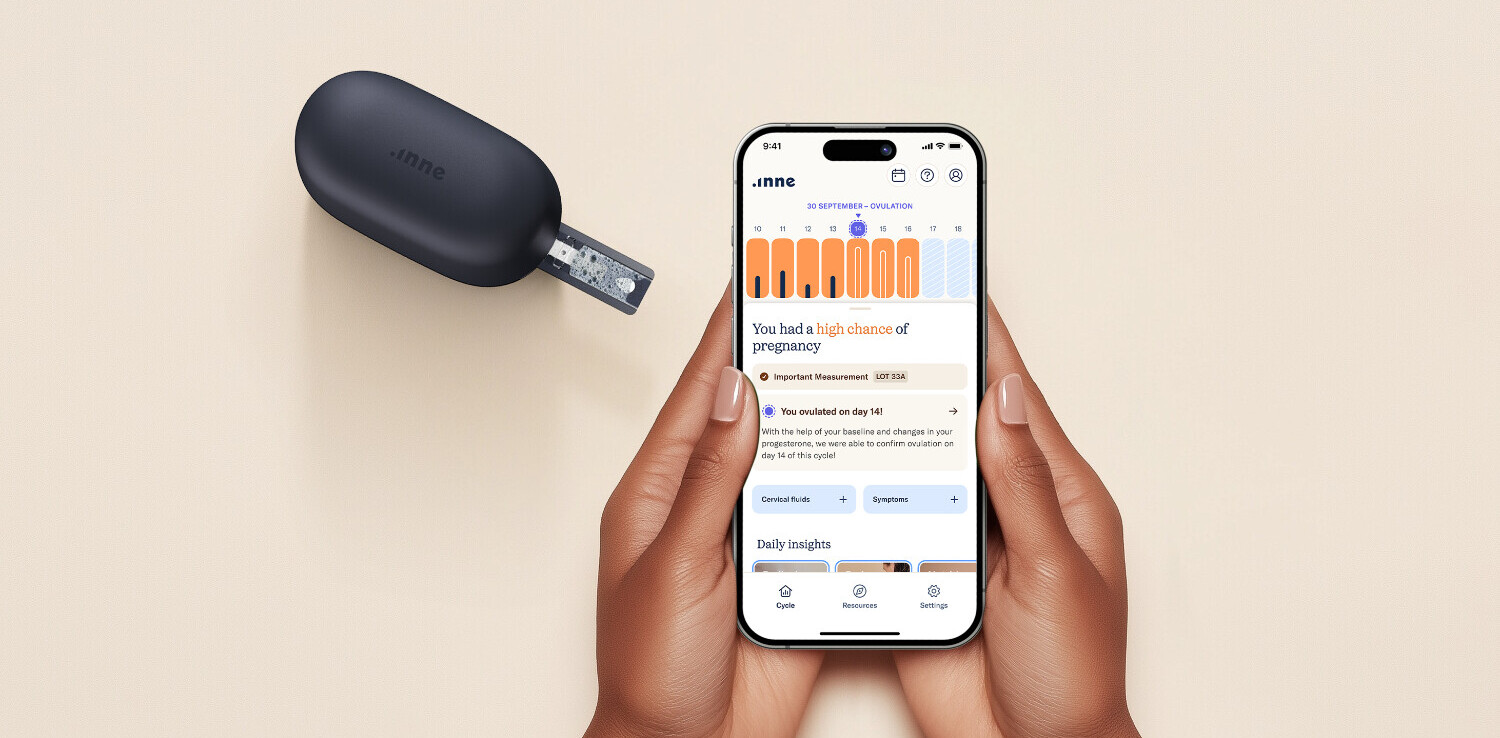
We all know that VCs operate in a roughly outlined remit when supporting startups and scale-ups: pre-seed, seed, early-stage (Series A), and growth stage (Series B and beyond). However, I’ve noticed that, increasingly, typically growth stage investors are investing in rounds as early as seed.
Covid-19 has leveled out this seemingly stiffly-structured playing field by streamlining the process of accessing and determining the companies that could best fit a VC’s portfolio. Yet according to Dealroom, the number of companies in the European ecosystem is decreasing while the amount of capital under management and the number of private market investors is growing.
The result? There is more competition than ever. With so much varied, high-caliber VC interest, founders will have a hard time choosing which investors really are the right fit for their company, at the right stage. So, how can you as a founder ensure you make the right decisions?
Understand the context to make use of it
Investment conditions have changed and round sizes have swelled: in 2020, median deal sizes for seed, Series A, and Series B rounds have reached $1.3, $6.4, and $20 million.
This is a staggering difference when considering median deal sizes from 5 years earlier with equivalent figures at $0.6, $3.6, and $8.8 million respectively. According to Pitchbook, venture capital and private equity dry powder levels hit all-time highs at the start of 2020, with over $1.5 trillion available worldwide.
As investment firms consider how to deploy their dry powder, the industry is seeing large firms, historically more focused on later-stage funding, take an interest in earlier rounds. Traditional seed VCs are having to bid higher values to keep up, and must differentiate their offerings to maintain founder interest.
With so much attention, you as a founder must act smart to give yourself the best opportunity for the right support.
Recognize the risks and don’t get side-tracked
The prospect of large chunks of capital might be tempting, however, it is important as a founder to be disciplined. If you’ve reflected and decided the finance would fit your current situation, then by all means do proceed. However, while the idea of accessing vast funds is often attractive, excess money that isn’t actually needed early on can complicate things.
Sometimes large initial sums can hamper founders in later rounds if market conditions change, or if a company is then perceived as overpriced. From experience, I’ve seen companies spend months, in some cases over a year, struggle to raise new funds following high valuations – even when investors cannot see any red flags. This takes valuable time away from focusing on business operations and performance.
Hefty numbers at an early stage can also lead to founders feeling pressure – from themselves, investors, or market observers – to scale and validate the huge financial vote of confidence, when it just isn’t the right time.
Seed rounds, generally the riskiest stage, play a large part in defining a company’s future success. Early-stage companies often need time and an experienced, guiding hand to help find the product-market fit and consolidate their business offering and model. Without investor support that really matches a startup’s position and vision, the appropriate infrastructure is likely to remain absent.
This is why it’s important to consider the monetary value of an offer relative to an investment firm’s other deals. For example, partners may end up devoting less time to supporting a startup through tricky times if the deal is small in comparison to others in their portfolio.
One risk I feel founders I’ve worked with aren’t aware of is “negative signaling”: big-name investors may choose to make an initial investment, but then decide to abstain from participating in future rounds – for various reasons – raising questions among the community. The sparkle that might accompany initial support from a star VC name then becomes unhelpful scrutiny.
It’s much better to ensure that the VCs you onboard match your company’s current status in whichever area is your biggest priority. Deep pockets are valuable, but so are personal and professional networks, technical or sector expertise, and partner commitment.
A good VC is a partner, not just an investor. And within that VC, picking the right partner who will best complement your company’s vision and your style of working is wise. To put it simply, productive partnerships alongside financial support have greater worth than an oversized cheque. At the end of the day, it’s important to remember you’re playing the long game.
Time to act smart
Along with seriously considering the risks, founders can tailor their approach to their advantage.
Raising large sums in relation to your company’s status is great if you’re astute in putting the money to work for you. In some cases, it is likely founders will receive a number of term sheets if their business is developing well.
However, it’s wise to remain humble. Even with term sheets from multiple VCs to choose from, ‘trading’ them with the market is never a good idea and could jeopardize the round.
Being open to different funding structures can also play in your favor. For example, of the various options available, convertible notes enable startups to raise capital but delay a valuation until it is more appropriate – that’s to say until a company has matured enough.
Uncapped convertible notes in particular mean that there isn’t a guarantee for investors of the amount of equity their capital will convert to.
Do your research, trust your instincts
Fundraising is tricky and can be time-consuming. If – when! – you’re in the enviable position of deciding which investors to work closely with out of a group, it’s important to stay grounded.
I’d advise taking time to consider all offers and doing your research thoroughly to put you in good stead to make the right decision. Ask yourself exactly what your business priorities are, and what qualities would you value most from a new partnership.
Good old-fashioned networking can provide valuable insight: talk to those around you to hear first-hand about the experiences of founders that your prospective investors have backed in the past.
In the end, the key to success is often in recognizing that you’re playing the long game, and you want the right partner by your side at each step.
Get the TNW newsletter
Get the most important tech news in your inbox each week.





